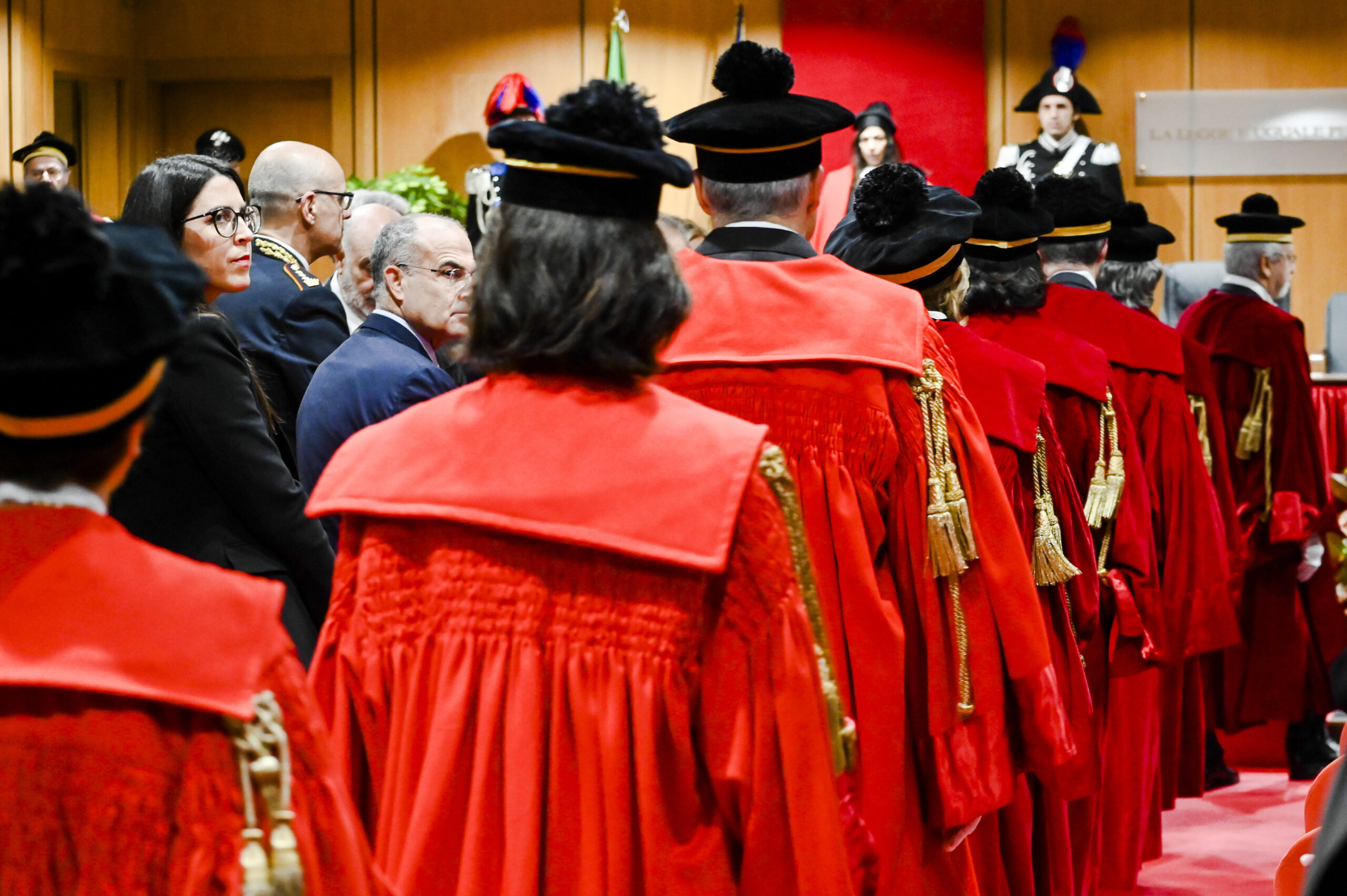Do magistrates feel like an untouchable caste?

Too many disjointed reactions from magistrates on psycho-aptitude tests. Guiglia's notebook
Whoever is a magistrate does not do a job like others. Meanwhile, to wear the toga, he must first have completed good studies, then passed a difficult competition and finally completed a long internship.
One does not improvise as a judge or public prosecutor – because they are very different roles – and one does not take on a public role for the sole pleasure of parading on the news pages of newspapers: it is a choice, and what a choice, to make use of broad powers (including that of taking away personal freedom, which "is inviolable", as the Constitution recalls), with the sole and noble intention of serving the Law. Once again the Constitution comes to our attention: “Judges are subject only to the law”.
Therefore, due to the once sacred respect that the great majority of citizens have towards the great majority of magistrates, the caste reaction – understandable for taxi drivers and beach goers, out of tune for those who exercise the judicial function – to the minister's announcement sounds bad. of Justice, and former magistrate, Carlo Nordio. The announcement of the government's approval of the legislative decree which introduces, from 2026, psycho-aptitude tests for magistrates, as already happens in other countries and in our own for various and no less "missionary" categories, such as those of the police and the military. Careers undertaken, too, because, first of all, you believe in them.
It will be possible to tell the intrepid Nordio – the target of every accusation – that perhaps this was not the need felt most by the Italians. Who are not even too demanding: they would be satisfied with rapid justice, rather than Bourbon justice, and the certainty of punishment for those who make mistakes and for the benefit of the victims, instead of the impunity and do-goodism prevailing in all classrooms, both parliamentary and judicial.
But if the life of any of us is a continuous examination, what is the problem of a test to confirm that justice is in good hands, as has already been confirmed for some time by the forces defending our security?
The most incisive response to the controversy is not the general revolt of the robes, but the counter-proposal of a single magistrate, the prosecutor of Naples, Nicola Gratteri. Who suggested to the legislator not to reject the test but, on the contrary, to expand it, also including politicians and all those who at an institutional and administrative level are called upon to make decisions "in the name of the Italian people". Moreover. Half-jokingly, Gratteri also recommends introducing a drug and alcohol test: it is better to make sure that an MP is always lucid before voting on an important measure. And then the test for the (law) text.
Let's laugh it off a bit if we then think, getting serious again, that it will be the Superior Council of the Judiciary (not the government, not the opposition) that will manage the whole procedure of the exam that we don't like.
(Published in L'Arena di Verona, Il Giornale di Vicenza, Bresciaoggi and Gazzetta di Mantova)
This is a machine translation from Italian language of a post published on Start Magazine at the URL https://www.startmag.it/mondo/i-magistrati-si-sentono-una-casta-intoccabile/ on Sun, 31 Mar 2024 07:13:49 +0000.
